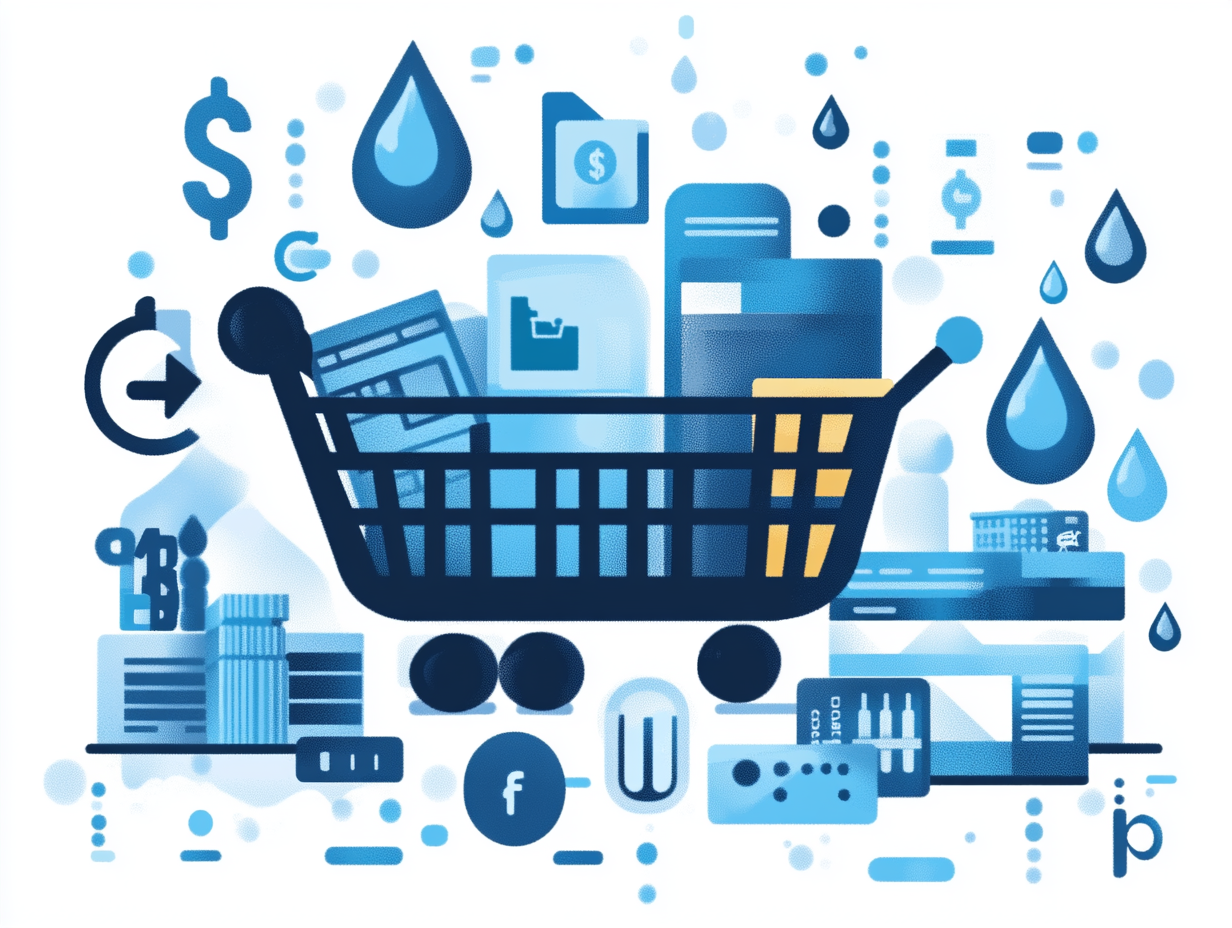A Complete Guide to Drupal Ecommerce Development for Growing Brands

Creating an engaging, secure, and scalable online shopping experience is crucial for growing brands. If you’re a brand looking to promote your online brand awareness, Drupal ecommerce development can be the ideal solution. Drupal is a robust, flexible, and highly customizable CMS platform that enables businesses to build an effective online store with ease.
But how can Drupal help your business grow? And what exactly goes into building a Drupal ecommerce store that not only attracts customers but keeps them coming back? This Website Digitals guide of Drupal ecommerce development will help you understand the ins and outs of creating an ecommerce platform that’s tailored for growth.
Why Choose Drupal for Ecommerce?
With many content management systems (CMS) to choose from, why should you consider Drupal for ecommerce? Here are several explanations for why Drupal is notable:
- Open Source: Drupal is free and open-source, allowing you to customize the platform without heavy licensing fees.
- Highly Customizable: Drupal’s flexibility allows for the smooth integration of various modules, ensuring your store has all the functionalities it needs.
- Robust Security: Drupal’s dedication to security is well-known. With its frequent security updates, your ecommerce store can stay protected against cyber threats.
- SEO-Friendly: Drupal provides tools for optimizing your content and structure, making it easier to rank on search engines.
- Scalable: Drupal’s architecture supports easy scalability as your business grows, ensuring your website can handle increasing traffic and transactions.
Now that we understand why Drupal is a top choice, let’s check what goes into building a successful ecommerce site on this platform.
Key Steps in Drupal Ecommerce Development
Setting up an ecommerce site on Drupal requires careful planning and implementation. To help you, the following is a step-by-step guide:
1. Define Your Ecommerce Goals and Audience
Before checking out the technical aspects, outline your ecommerce goals. Are you aiming to boost brand recognition, increase sales, or achieve both? Knowing your audience’s preferences and needs will also help you build an effective user experience.
Consider:
- Your target demographic
- Primary products or services
- Preferred payment methods
- Expected site traffic
2. Select the Right Drupal Modules for Ecommerce
Drupal offers several ecommerce modules to enhance your online store’s functionality. Some must-have modules include:
- Drupal Commerce: This core module is essential for setting up a basic ecommerce framework.
- Commerce Shipping: Integrates shipping options for customers.
- Commerce PayPal: Enables secure PayPal transactions on your site.
- Search API: Improves the product search experience for customers.
- Views: Allows you to customize the way content is displayed on your site.
Using these modules effectively can streamline the purchasing process and improve the overall user experience.
3. Focus on Design and User Experience
A great user experience is key to keeping customers on your site. Design your ecommerce store with easy navigation, a clear structure, and a mobile-responsive layout. Ensure that the checkout process is intuitive and as simple as possible to reduce cart abandonment rates.
Essential Elements to Consider:
- Intuitive Navigation: Use clear categories, subcategories, and filters to help customers find what they need quickly.
- Mobile Optimization: With the increasing number of mobile shoppers, responsive design is a must.
- Clear Call-to-Actions (CTAs): Make your CTAs visible and straightforward, such as “Add to Cart,” “Buy Now,” or “Checkout.”
- User-Friendly Checkout: A simple checkout process, ideally with a one-page option, can significantly increase sales.
4. Set Up Secure Payment Gateways
To gain trust from your customers, use secure payment options. Drupal offers various payment methods, such as PayPal, credit cards, and other widely used options. Choose the payment method that aligns with your target audience’s preferences and ensures PCI compliance for security.
5. Optimize Your Site for SEO
Drupal ecommerce development solutions include various SEO modules and features that make it easier to optimize your site for search engines. Some essential SEO practices include:
- Keyword Optimization: Identify keywords related to your products and naturally use them in your content.
- Meta Tags Module: Helps you add and manage meta tags for SEO.
- XML Sitemap Module: Enables search engines to crawl and index your site more effectively.
- Clean URLs: Ensure your URLs are descriptive and free from clutter for better search engine visibility.
6. Enable Analytics and Tracking
Setting up tracking tools helps you understand your customer behavior and optimize your site accordingly. Integrate Google Analytics, set up conversion tracking, and use Drupal’s reporting tools to gather insights.
Benefits of Drupal Ecommerce Development for Growing Brands
Drupal offers unique advantages for brands looking to scale and improve their online presence. Here are some of the benefits:
- Scalability: Drupal is capable of managing significant traffic levels and extensive product listings, which makes it perfect for expanding brands.
- Customizable Features: With numerous modules, you can tailor your ecommerce platform to meet your brand’s specific needs.
- Enhanced Security: Drupal’s extensive security features protect your store from potential threats, ensuring both you and your customers feel confident and secure throughout their shopping experience.
- Multilingual Capabilities: Reach a global audience with Drupal’s built-in multilingual support.
- Third-Party Integrations: Integrate with CRM systems, marketing tools, and analytics platforms to streamline your operations and improve customer experience.
Cost of Drupal Ecommerce Development
Curious about Drupal ecommerce development cost? The overall cost varies based on several factors, including your store’s complexity, features, and customization needs. Below is a breakdown of potential costs:
| Feature | Approximate Cost |
| Basic Ecommerce Setup | $3,000 – $5,000 |
| Custom Design | $1,000 – $3,000 |
| Advanced Module Integration | $2,000 – $4,000 |
| Secure Payment Gateway | $500 – $2,000 |
| SEO Optimization | $1,000 – $2,500 |
| Ongoing Maintenance | $500 – $1,500/month |
Hiring a reputable Drupal ecommerce development services provider can ensure you get the best value for your investment and a site that’s optimized for both performance and user experience.
How to Choose the Right Drupal Ecommerce Development Agency
Selecting the right Drupal ecommerce development agency is a critical step. Following are some few suggestions to assist you in making a knowledgeable choice:
- Experience with Ecommerce Projects: Look for agencies with a strong portfolio in ecommerce development.
- Client Reviews and Testimonials: Read reviews from past clients to gauge the agency’s reliability.
- Transparent Pricing: Ensure the agency offers clear pricing and a breakdown of costs.
- Ongoing Support: Ecommerce requires regular updates and maintenance, so choose an agency that provides post-launch support.

Conclusion
Whether you’re looking to establish a brand-new ecommerce site or enhance an existing one, Drupal’s flexibility, security, and scalability make it an excellent choice for growing brands. With the right planning, expert help, and strategic implementation, your Drupal ecommerce site can become an effective asset for achieving your business goals.







